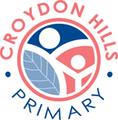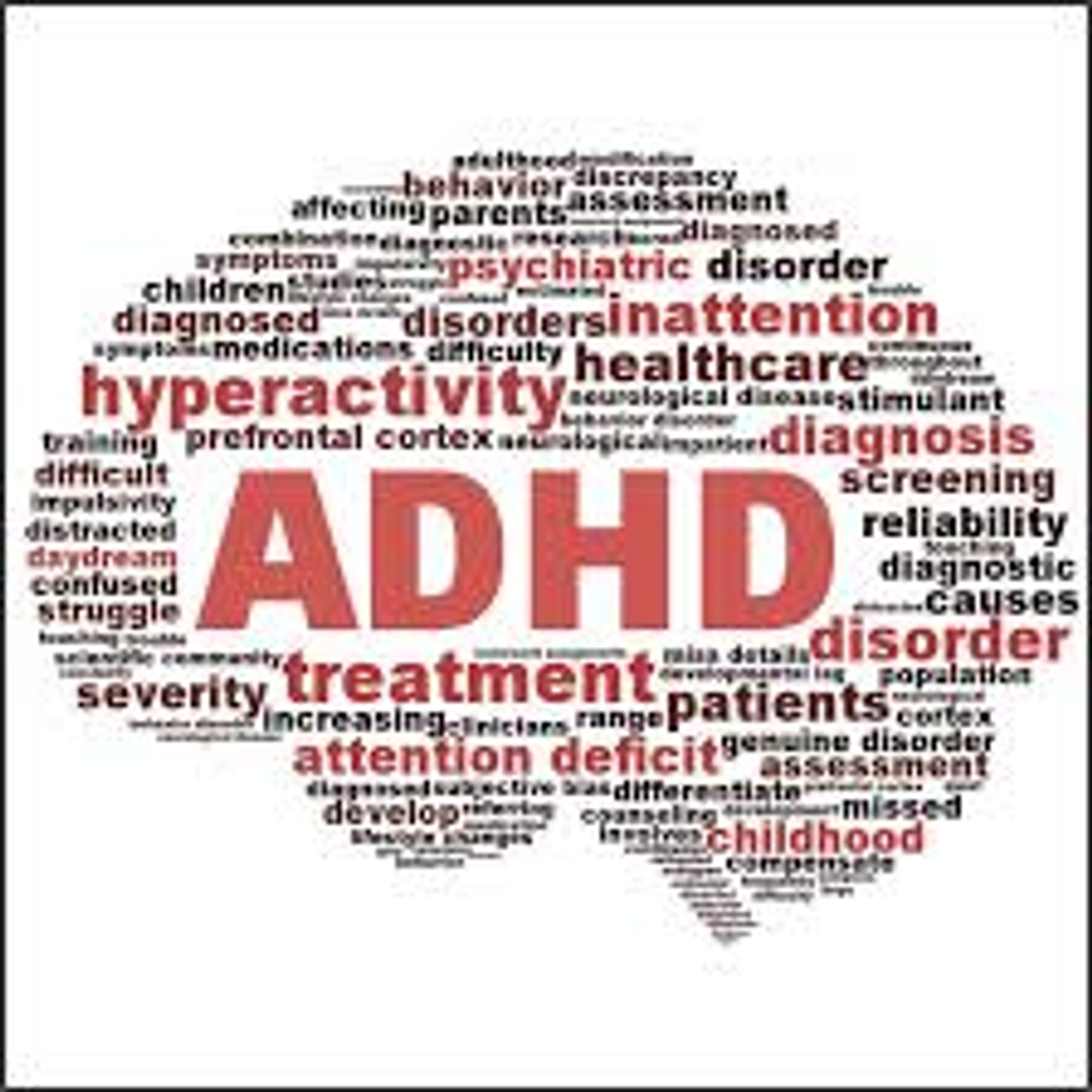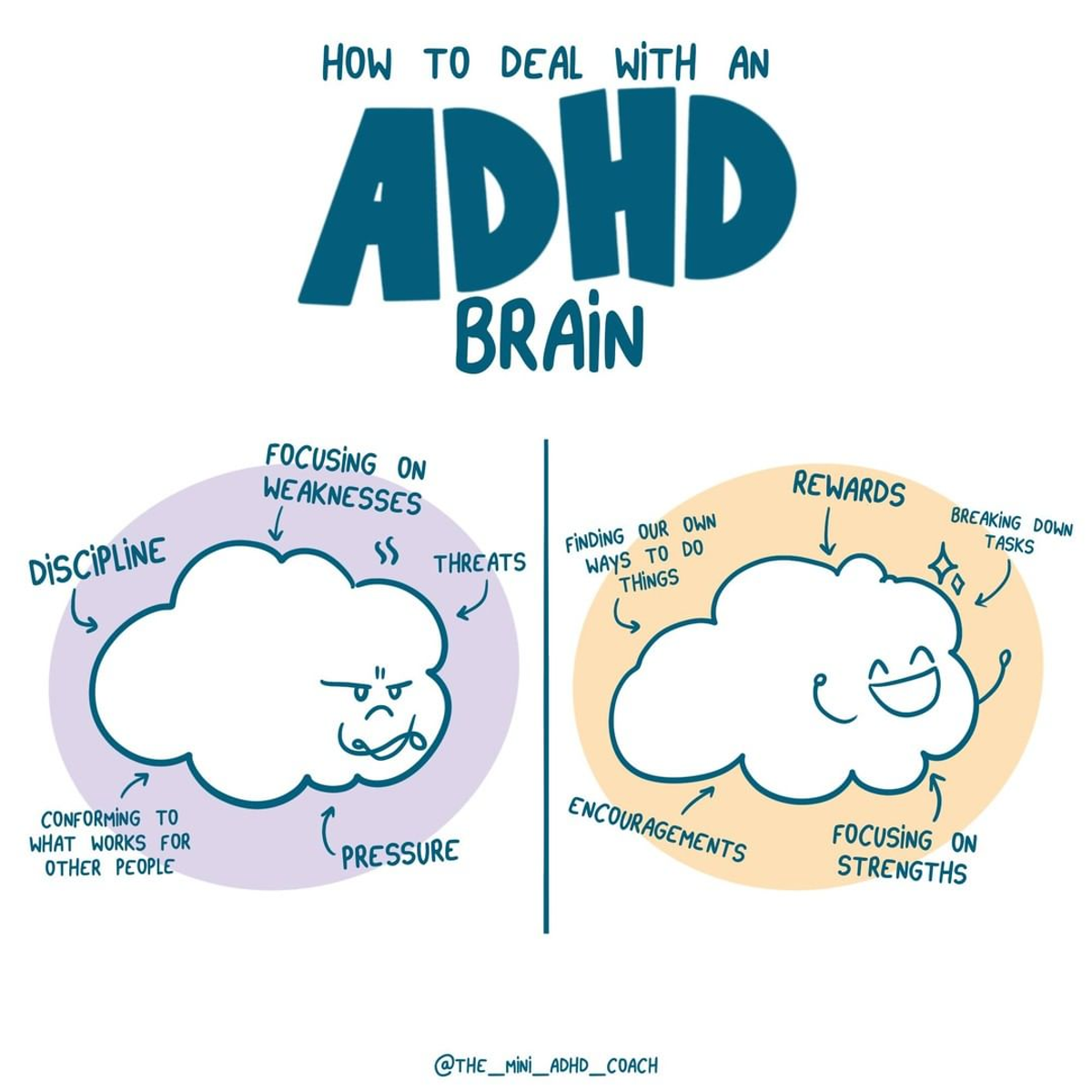Wellbeing & Culture

We get parents wondering if their child has ADHD, how to progress with getting a diagnosis and what strategies they could implement to help their child. So here is some information for you:
WHAT IS ADHD?:
Attention-deficit/hyperactivity disorder (ADHD) is one of the most common mental disorders affecting children. Symptoms of ADHD include inattention (not being able to keep focus), hyperactivity (excess movement that is not fitting to the setting) and impulsivity (hasty acts that occur in the moment without thought).
ADHD IS:
- A mental health disorder
- Is comprised of many symptoms
- Often genetically inherited
- Disruptive to ones life
- Is diagnosed by its symptoms
- Is manageable and is incurable
ADHD Is Not:
- Caused by bad parenting
- Is not caused by diet, foot additives, refined sugar
- ADHD is not curable
- Is not in your head or imaginary
- Is not a made up disorder
- Is not strictly a childhood disorder
YOU THINK YOUR CHILD HAS ADHD?
WHAT DO YOU DO NEXT?
TALK TO YOUR CHILD’S TEACHER:
Your child’s teacher is always a great first step, if you or someone else is seeing some signs that point you in the direction of thinking that your child has ADHD. Have a chat with your child's teacher to voice your concerns. Ask them if they have seen similar behaviour or any other signs or behaviours which could indicate ADHD. This could be a really great start but note that your child might not be showing the same signs at school or alternatively might only be showing signs at school and not as much at home.
WHO TO CONTACT:
Firstly talk to your GP about getting a referral. They will have people that their clinic has worked with or know of positive experiences in which they can base their referral on.
They will refer you to a Paediatrician or a Psychologist depending on your child's personal situation. If you already have a Paediatrician or Psychologist you can go straight to them if you wish. Either the Paediatrician or the Psychologist will take you through their process of diagnosis. Just note that prices can vary greatly between services if you want to shop around.
STRATEGIES THAT COULD HELP YOUR CHILD BOTH AT HOME AND SCHOOL:
- Establish Structure
- Maintain Consistency
- Focus on the positives - reward good behaviour, completion of homework or chores where possible
- Reduce choice - Kids with ADHD can get overwhelmed with too many choices. Limit them to practical and possible choices
- Build self esteem by giving them obtainable jobs, games, work etc
- Make exercise a priority - to burn off excess energy
- Buy fidget toys - many people with ADHD find that if they are able to keep their hands busy, they can concentrate better
- Have brain breaks - Kids have these at school, why not at home? If your child is starting to struggle, give them a quick activity that will get out bursts of energy. Go for a run around the property a few times, set up an obstacle course, pick a high energy workout video, anything that will help them disburse their energy
- Promote good sleeping habits - Sleep is vital to children being able to focus and learn. Children with ADHD are already working hard to focus, so being sleep deprived only makes it more difficult.
Some great resources that you could look at for more information are: ADHD Australia, ADHD Foundation, Royal Children's Hospital, Help guide (this one has some great strategies)
Kelly Goodgame – On behalf of the Wellbeing and Culture Team



